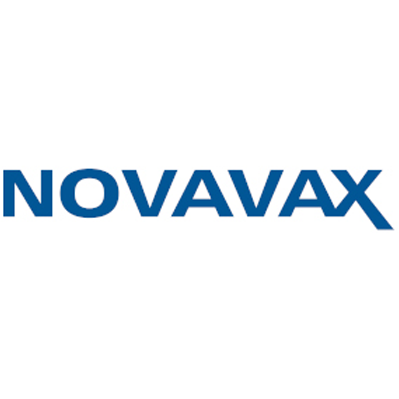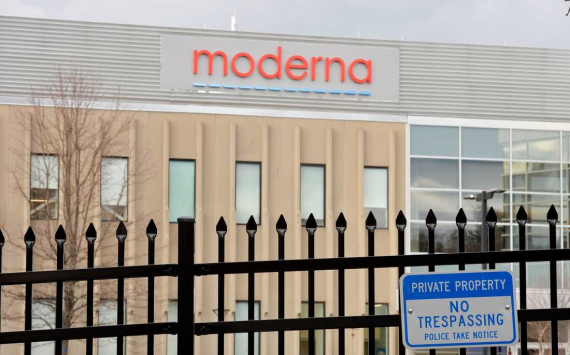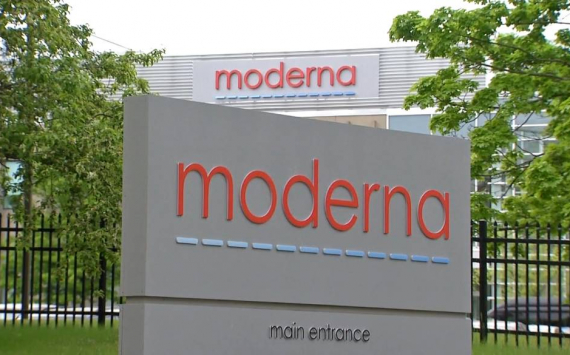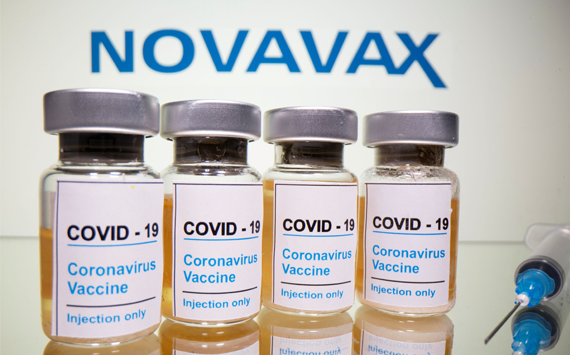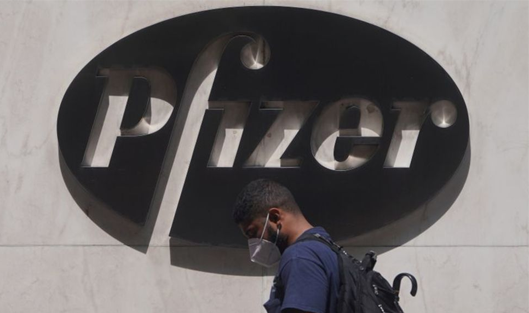Description
Novavax, Inc. is an American vaccine development company headquartered in Gaithersburg, Maryland, with additional facilities in Rockville, Maryland and Uppsala, Sweden. As of 2020, it has an ongoing Phase III clinical trial in older adults for its candidate vaccine for seasonal influenza, NanoFlu and a candidate vaccine for prevention of COVID-19.
History
In June 2013, Novavax acquired the Matrix-M adjuvant platform with the purchase of Swedish company Isconova AB and renamed its new subsidiary Novavax AB.
In 2015 the company received an $89 million grant from the Bill & Melinda Gates Foundation to support the development of a vaccine against human respiratory syncytial virus for infants via maternal immunization.
In March 2015 the company completed a Phase I trial for its Ebola vaccine candidate, as well as a phase II study in adults for its RSV vaccine, which would become ResVax. The ResVax trial was encouraging as it showed significant efficacy against RSV infection.
2016 saw the company's first phase III trial, the 12,000 adult Resolve trial, for its respiratory syncytial virus vaccine, which would come to be known as ResVax, fail in September. This triggered an eighty-five percent dive in the company's stock price. Phase II adult trial results also released in 2016 showed a stimulation of antigencity, but failure in efficacy. Evaluation of these results suggested that an alternative dosing strategy might lead to success, leading to plans to run new phase II trials. The company's difficulties in 2016 led to a three part strategy for 2017: cost reduction through restructuring and the termination of 30% of their workforce; pouring more effort into getting ResVax to market; and beginning clinical trials on a Zika virus vaccine.
Alongside the adult studies of ResVax, the vaccine was also in 2016 being tested against infant RSV infection through the route of maternal immunization.
In 2019, late-stage clinical testing of ResVax, failed for a second time, which resulted in a major downturn in investor confidence and a seventy percent reduction in capital value for the firm. As a secondary result, the company was forced to conduct a reverse stock split in order to maintain Nasdaq minimum qualification, meaning it was in risk of being delisted.
The company positions NanoFlu for the unmet need for a more effective vaccine against influenza, particularly in the elderly who often experience serious and sometimes life-threatening complications. In January 2020, it was granted fast track status by the U.S. Food and Drug Administration (FDA) for NanoFlu.


